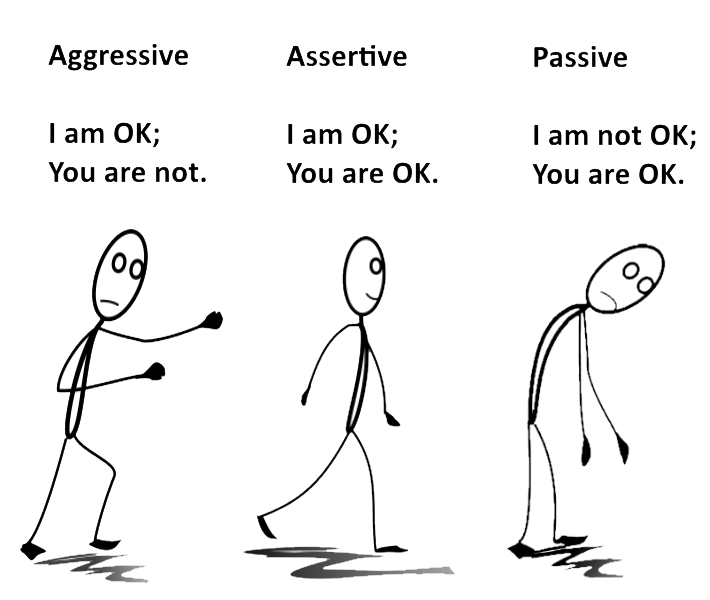Sheri Oz – Self-Assertiveness and Nationalism and Us
Or: How did nationalism get such a bad rap? And: What’s a proud Israeli to do?
People on the left side of the political spectrum talk about nationalism as if it is a dirty word, something to be discarded for global(homogen)ization.
During the election campaign in the USA, many Americans expressed the sense that they care more for the greater common good of humanity than they do to “Make America Great Again”. Europeans fear a Le Pen win, in part because she may try to take France out of the European Union and revert to putting national interests above those of the European continent as a whole.
Israelis who support the two-state solution (TSS) argue that possession of rocks and buildings, central as they may be to Jewish history and our identity formation as a people, do not over-ride concern for the well-being of another group of people who claim ownership over this same land and these same buildings. TSS’ers say that Israeli national interests cannot be ethical if they are achieved and maintained at the expense of the national interests of the Arabs who now call themselves Palestinians.
Some TSS’ers may even deplore celebrations of our national pride, such as Jerusalem Day, arguing that marching through Jerusalem holding flags and singing — “as if” we own the place — is insulting and humiliating to the Arabs who feel oppressed by us. Out of compassion, we are supposed to accept Naqba demonstrations at our universities as legitimate protests facing off against our own Independence Day celebrations, and perhaps even to feel a little bit guilty about having won wars waged against us and not having agreed to lie down and die.
Is Israeli Nationalism and Pride Unethical?
I started to look at the issue at a personal level. We can talk about the individual’s protection of his or her rights. People can be aggressive, assertive or passive. Here is a simplistic distinction among the three:
In the same way, a nation can be assertive and it does not imply being aggressive and stepping on other people’s rights, or passive and allowing others to step on her own rights. It means having self-respect and respecting other nations’ rights to behave with self respect. The assertive nation is bound to respect the rights of other nations. However, if another nation acts with aggression and unwillingness to respect her rights, she draws red lines and says, up to here and no farther! Let us take this back to a personal example:
I hope that everyone agrees that people have the right to say “no” to sexual contact they do not want. Male or female, individuals have the right to expect that when they say “no”, that the other person, regardless of how much he or she may want to continue, must desist. There must be recognition of the individual’s right to self-determination. Mutual recognition. The initiator has the right to ask; the other partner to the situation has the right to say either yes or no.
The assertive individual does not agree to play by the rules of the aggressor and defines limits and boundaries, leaving the arena if the aggressor does not cease behaving aggressively.
The assertive individual avoids the passive person because the former has no desire to take advantage of the weakness of the latter; it gets tiring dealing with people who constantly put themselves down, put others’ needs ahead of their own – this, however, is what aggressive people most enjoy: taking advantage of weakness.
Assertive people most enjoy interacting with other assertive people. The playing ground is even, there is mutual respect and, while tempers may flare, there is trust that they can work their issues out.
At the national level, there are other terms for aggressive, assertive and passive, namely: chauvinistic, versus patriotic or nationalistic, versus appeasing. The chauvinist and the appeaser speak the same language, that of giver and taker; the nationalist speaks a different language, that of negotiation and mutual respect. Now what is wrong with that?
The problem, therefore, is not nationalism per se. There is nothing inherently wrong with wanting to protect and preserve one’s own particular national culture and traditions, to have a flag to rally around and a hymn to sing with hand over heart.
After all, what would the Olympic Games and the Eurovision Contest, for example, be like were people not to compete under their various national flags? Is it wrong to want YOUR athlete or YOUR singer to bring home the gold and to cheer them on above all others?
Yom Ha’atzmaut
When we celebrate Israel Independence Day, we are not thumbing our noses at the Arabs who now call themselves Palestinians. Those who see it that way may feel we have to apologize for existing, for thriving, for claiming sovereignty over the seat of our ancient people.
Yom Ha’atzmaut is only about us. It is our day to rejoice in our nationhood, our return home. Let us stand tall and proud on Yom Ha’atzmaut – let us assert our right to celebrate.
There are plenty of other days of the year to dedicate to the hard work of seeing if we can resolve our problems with our neighbours.
This article was originally published in Israel Diaries.








